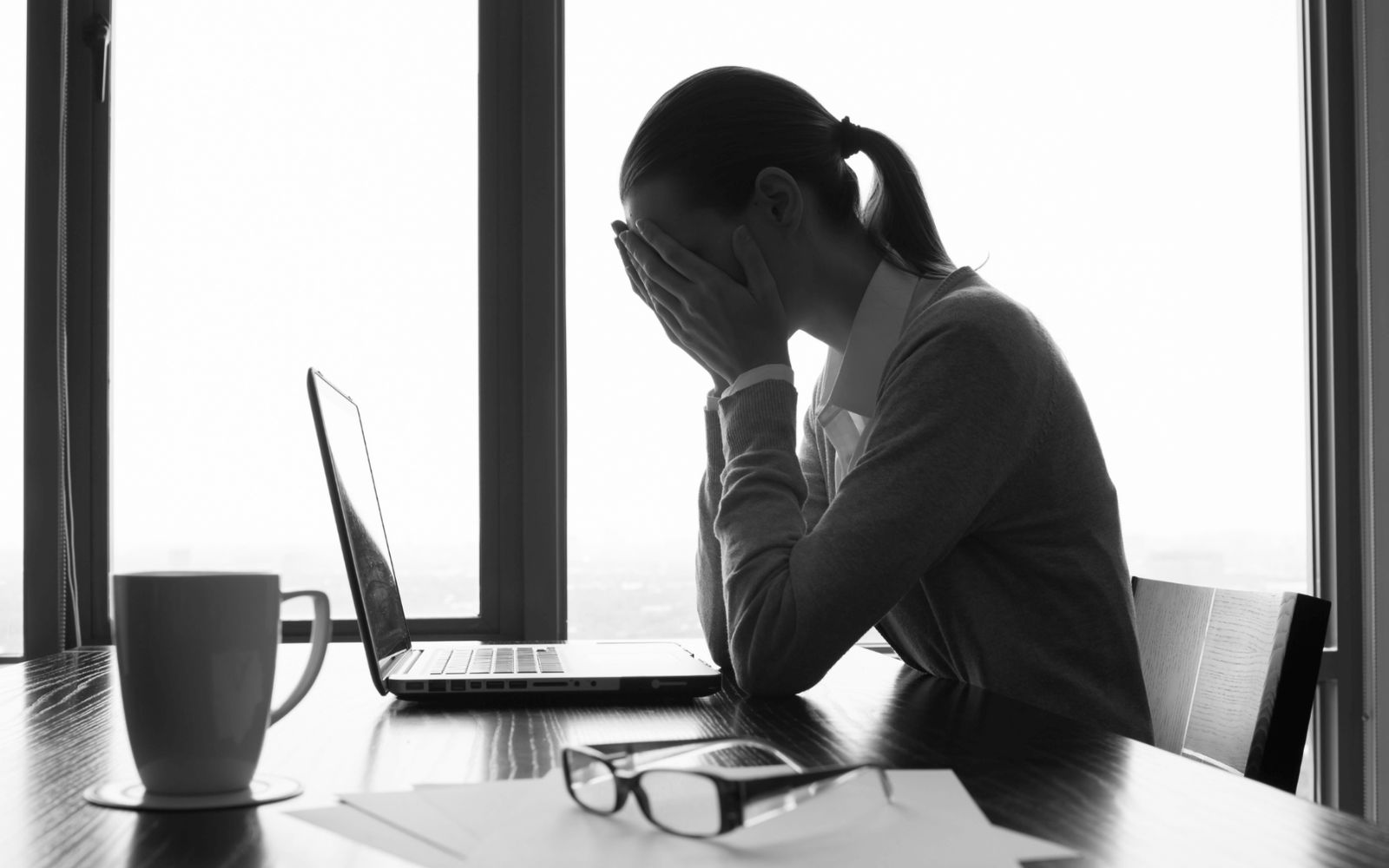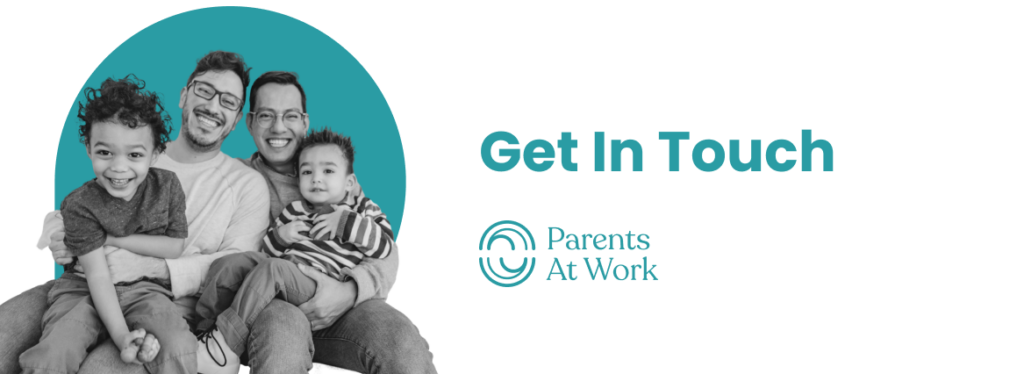In Australia, approximately one woman is killed by her current or former partner every week, often after a history of domestic and family violence.
34% of women have experienced physical violence since the age of 15.
17% of women have experienced violence from a current or former partner since the age of 15 (compared to 5.3% of men).
These are alarming statistics for Family and Domestic Violence within Australia. Statistics that for many of us move beyond shocking and into the realm of disbelief.
If that’s not enough, the UN this year announced that ‘since the outbreak of COVID-19, emerging data and reports from those on the front lines, have shown that all types of violence against women and girls, particularly domestic violence, has intensified.'(1)
Now consider this: 70% of domestic violence cases go unreported (2), so where do those numbers sit now!
THE FACTS
“Violence against women and girls (VAWG) is one of the most widespread, persistent and devastating human rights violations in our world today and remains largely unreported due to the impunity, silence, stigma and shame surrounding it.
In general terms, it manifests itself as physical, sexual and psychological forms of violence, encompassing:
- intimate partner violence (battering, psychological abuse, marital rape, femicide)
- sexual violence and harassment (rape, forced sexual acts, unwanted sexual advances, child sexual abuse, forced marriage, street harassment, stalking, cyber- harassment)
- human trafficking (slavery, sexual exploitation)
- female genital mutilation; and
- child marriage” ~ United Nations.
But what does this mean for us All, and what part do we have to play?
The impact violence against women and young girls has on society runs deeper than we realise. For every woman affected add a partner, children, siblings, extended family, friends and work colleagues who are affected by the violence on that one woman and we start to see the full impact. It is not just the physical damage to a woman’s body that the violence can present as, but the ongoing impact this has on her mental, emotional and social wellbeing that extends the devastation.
DOMESTIC VIOLENCE IN THE WORKPLACE AND THE IMPORTANCE OF SPEAKING UP!
“Workplaces play a critical role in addressing domestic and family violence.” – Delia Donavan, CEO, Domestic Violence NSW
If we become aware of a work colleague experiencing domestic violence, speaking up is essential and can often be the start of breaking the cycle. When we don’t speak up, we become part of the cycle by allowing the abuse to continue.
Those who suffer at the hands of domestic violence need our support and it’s important we share our feelings without judgment or imposition. Telling someone who is experiencing domestic violence that they ‘need to leave’ or demanding they do something isn’t supportive.
Simply being there and offering your support, even just listening, can do more than you realise!
Knowing that someone cares and has your back may just be the first point they need to say, ‘this is not okay for me’.
It can be deeply unsettling to watch someone we care about in a domestic violence situation, and we will naturally want to fix it straight away, but it’s not always that easy, and in fact, sometimes jumping in can create further tension, especially if your colleague is protecting her abuser out of fear or hanging on. The best thing we can do is confirm that it is not ok, and to listen, until such a time that they are able to make an empowered decision for themselves.
Reaching out to your manager where it is appropriate is also supportive but remember that office chatter won’t be!
In summary;
- Don’t be afraid to speak up. If you’re unsure who to talk to, go to your manager or another senior executive you can trust.
- Be willing to listen. Listening is one of the most powerful forms of support we can offer someone as they attempt to express their feelings.
- Avoid office talk and circulation as this will only exacerbate the situation and potentially make things more uncomfortable for the person/s involved.
- Let your colleague know you are there for them, but never impose onto them what you think or want them to do.
Further Resources and Support:
DFV Work Aware – When offering support
Domestic Violence NSW – Good Practice Guidelines
Australian Human Rights Commission – Domestic & Family Violence in the Workplace
References:
(1) https://www.un.org/en/observances/ending-violence-against-women-day
(2) https://fullfact.org/news/how-many-women-die-every-year-due-domestic-violence/



